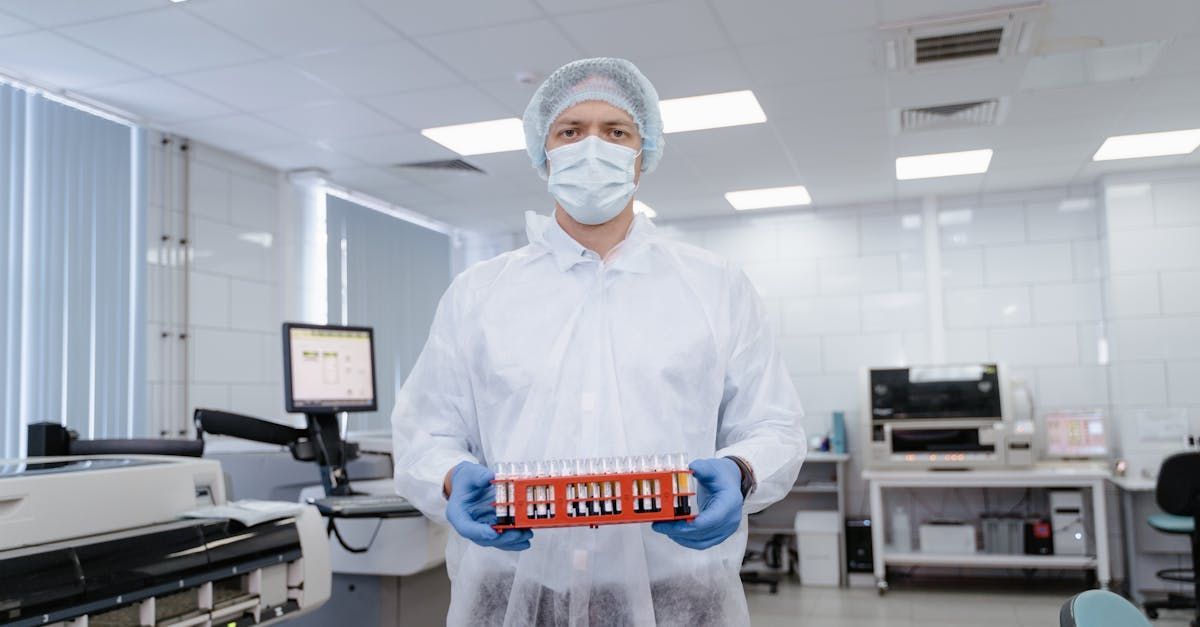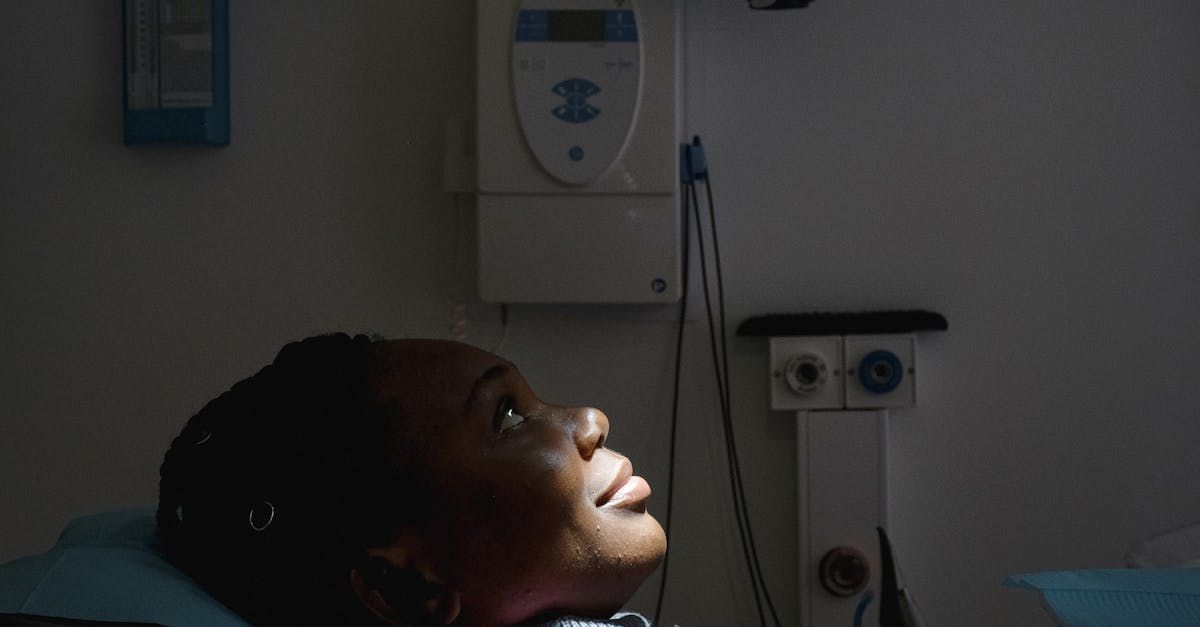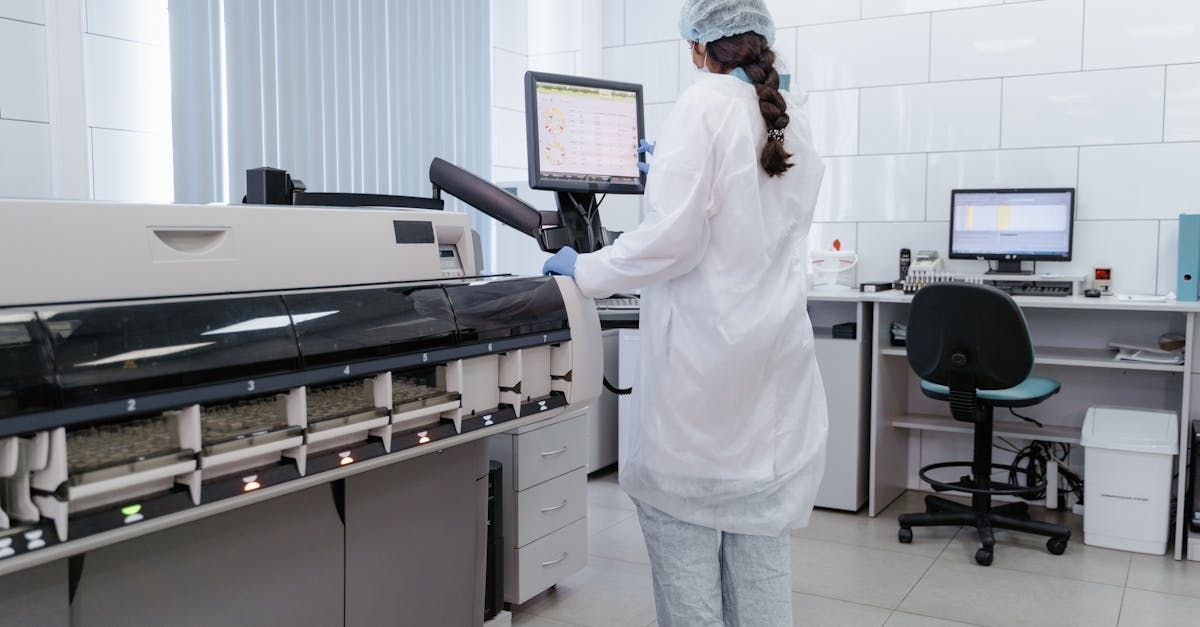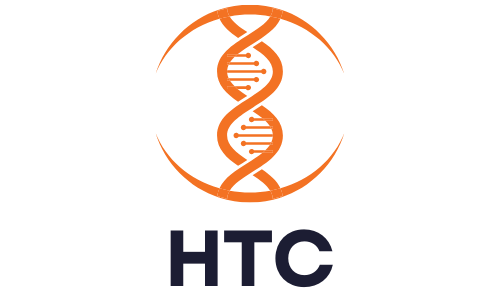Innovative Diagnostics for Pediatric Leukemia: The Notable Labs Advantage
Predictive precision medicine means predicting what treatment is most likely to be effective for each patient. Notable Labs seeks to drastically improve cancer treatment by predicting what will work best for a given patient. According to a 2020 Stanford study (1), we can predict patient response to specific interventions in over 8 out of 10 cases. In addition, in 4 independent clinical validation trials with recognized medical centers, our platform predicted responders with 97% precision (2). Let’s take a close look at how Notable’s diagnostic platform has the potential to drastically improve treatment in pediatric oncology in general and in childhood leukemia specifically.
What Does the Stanford Study Say about Notable’s Diagnostic Power?
Notable Labs uses a technology referred to as the Predictive Medicine Platform (PMP). This technology works by analyzing how the cancer cells of individual patients react to different types of treatment. PMP uses flow cytometry, a technique that consists of suspending cells in a fluid and passing them through a laser. As the cells pass through the laser, they scatter light and emit fluorescence, which can be measured and analyzed. This approach allows PMP to measure multiple aspects of the cells, such as size, shape, and specific markers on their surface, providing a detailed picture of how the cells respond to treatment.
The data collected from flow cytometry is then processed by computational algorithms that predict how well a patient’s cancer will respond to different interventions, generating a patient response score.
The Stanford study, conducted in 2020 evaluated the predictive power of Notable’s platform for identifying useful drugs for myelodysplastic syndrome (MDS) patients and providing actionable data within a clinically acceptable timeframe.
PMP was used to test tumor sensitivity to 74 FDA-approved or experimental drugs and 36 drug combinations. Initially, the study tested 33 patients to see how well the platform worked. Then, 21 additional patients whose cancer had not responded to previous treatments with hypomethylating agents (HMAs) were also enrolled.
The platform correctly predicted how patients would respond to treatments 85% of the time, with a 92% chance of correctly identifying those who would benefit from specific interventions and an 82% chance of identifying those who would not. Drug sensitivity results were available at about 15 days after bone marrow biopsy. The findings were used to guide personalized therapy that included venetoclax combinations, kinase inhibitors, differentiative agents, and androgens.
These findings suggest that Notable's PMP can identify effective interventions for patients who do not respond well to standardized interventions. While the study above focused on MDS, the same principles can be applied to any cancer type, including leukemia.
Addressing the Challenges of Treating Pediatric Leukemia
Pediatric leukemia is a type of cancer that affects the blood and bone marrow. The condition is characterized by the uncontrolled production of abnormal white blood cells and comes in several versions, including pediatric acute lymphoblastic leukemia(pALL), pediatric acute myeloid leukemia (pAML), and juvenile myelomonocytic leukemia (JMML). According to the American Cancer Society, leukemia, while a rare condition, is the most common cancer in children and teens, accounting for almost 1 out of 3 cancers (3).
Treatment typically involves chemotherapy and sometimes stem cell transplants. While the survival rates for the condition have improved over the years, rare and aggressive forms like pAML and JMML have poor prognosis. Common challenges in improving outcomes include disease heterogeneity and the difficulties of designing large-scale clinical trials due to the limited size of the pediatric population.
Notable Labs believes we can improve the outcomes of pediatric leukemia by providing individualized treatment strategies. We draw inspiration from the Pediatric Acute Leukemia (PedAL ) Master Clinical Trial, launched by the Leukemia & Lymphoma Society (LLS) in June 2022 (4). This global initiative seeks to match children with leukemia to treatments based on the unique biology of their tumors, an approach that is similar to Notable’s methodology.
Notable Labs in Partnerships to Advance the Treatment of Pediatric Leukemia
Notable Labs is collaborating with important health institutions to advance the treatment of childhood leukemia. One notable case involved a child diagnosed with pAML who did not respond well to chemotherapy and whose condition was rapidly deteriorating (5). The medical team at Texas Children’s Hospital used Notable’s PMP to identify a repurposed adult drug with a high predictive value for this specific patient’s leukemia subtype. We are happy to say that the predicted treatment led to complete remission.
Another notable collaboration is between Notable and the UCSF hospital, located in San Francisco. In a study conducted by Dr. Elliott Stieglitz, Notable’s PMP was used to test 130 different drug combinations on cancer cells to see which worked best (6). As many as 27 combinations, including one that used tretinoin (a drug usually used to treat another type of leukemia), were found to be more effective than the standard treatments used alone. Tretinoin worked well with other drugs and also helped the cancer cells show certain markers that made them more susceptible to additional treatments. This evidence-based approach would allow doctors to identify a potentially more effective treatment plan before performing a bone marrow transplant, which is often a critical procedure for JMML patients.
Near-future Developments in Pediatric Oncology
Looking forward, we’re excited about the potential applications of Volasertib, a drug targeting a protein implicated in leukemia cell proliferation (PLK1). At a recent conference, Notable Labs presented plans for a new clinical trial to test Volasertib in patients whose pAML has returned or hasn't responded to other treatments (7). Notable seeks to predict who will respond well to Volasertib and also to predict the right dosage based to reduce side effects and improve results.
Bottom line: Notable Labs Plans to Be a Game Changer in the Fight Against Pediatric Leukemia
Revolutionizing cancer treatment through predictive precise medicine is Notable’s mission. Tumors in leukemia are heterogeneous and the best treatment response is likely to come from interventions designed for the tumor in question. It is precisely for this reason that Notable’s PMP can make a big difference. Instead of testing multiple treatments directly on the patient, let’s predict treatment outcomes for each intervention and dose.
Additional Data Points
- Leukemia accounts for almost 1 out of 3 cancers in children.
- Notable’s PMP accurately predicts patient responses to cancer treatments 85% of the time.
- Notable Labs has established partnerships with key institutions treating childhood leukemia.
- PMP is being used to identify effective treatments for pediatric leukemia delivered at the best dosage.
References
1. Spinner, M. A., Aleshin, A., Santaguida, M. T., Schaffert, S. A., Zehnder, J. L., Patterson, A. S., ... & Greenberg, P. L. (2020). Ex vivo drug screening defines novel drug sensitivity patterns for informing personalized therapy in myeloid neoplasms. Blood advances, 4(12), 2768-2778.
Link.
2. Notable Labs. (n.d.). Predictive precision medicine platform. Retrieved July 13, 2024. Link.
3. American Cancer Society. (n.d.). Key statistics for childhood leukemia. Retrieved July 12, 2024. Link.
4. Leukemia & Lymphoma Society. (n.d.). LLS PedAL: Precision medicine for children with leukemia. Retrieved July 12, 2024. Link.
5. Notable Labs. (n.d.). Ex vivo drug sensitivity assay correlates with clinical response in pediatric AML. Retrieved July 12, 2024. Link.
6. Stieglitz, E., Gu, C. J., Richardson, M., Kita, R., Santaguida, M. T., Ali, K. A., ... & Lacher, M. D. (2023). Tretinoin Enhances the Effects of Chemotherapy in Juvenile Myelomonocytic Leukemia Using an Ex Vivo Drug Sensitivity Assay. JCO Precision Oncology, 7, e2300302. Link.
7. Notable Labs. (2024, April 9). Notable Labs presents the design plan for the PPMP-enabled phase 2 trial with volasertib for relapsed/refractory AML at AACR 2024. Retrieved July 12, 2024. Link.
About the Author
Fabian Goguta is a science researcher and writer with experience in the health and biotech sectors. His interests largely lie in three fields – cognitive sciences, AI, and biology. As a seasoned freelancer, Fabian has also developed skills in business research, particularly in fields poised to catalyze significant change. You can connect with Fabian at contact@ontreks.com.
Disclaimer
The content of these blogs reflects the research and opinions of the individual authors and does not necessarily represent the views or positions of Notable Labs or its affiliates. The information provided is for educational and informational purposes only and should not be construed as medical, legal, or financial advice.
Notable Labs makes no representations as to the accuracy, completeness, or validity of any information in these blogs and will not be liable for any errors, omissions, or any losses, injuries, or damages arising from their use.
These blogs may reference third-party research, studies, or resources. Notable Labs does not endorse or assume responsibility for the content or practices of these third parties. Any reliance on the information provided is at the reader's own risk.
For biotechnology and pharmaceutical content, note that ongoing research and clinical trials may change the context and results discussed. Always refer to the latest research and guidelines from reputable sources.










